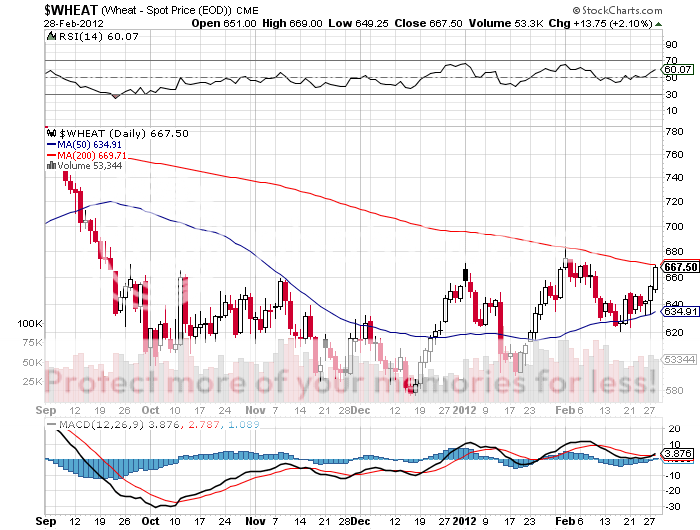Taking a Bite Out of Stealth Inflation
When I visited the local Safeway over the weekend, I was snared by some uniformed pre-teens, backed by beaming mothers behind a card table selling Girl Scout cookies. I was a pushover. I walked away with a bag of Thin Mints, Lemon Chalet Creams, Do-Si-Dos, and Tagalongs.
I have to confess a lifetime addiction to Girl Scout cookies. During the early eighties, one of the managing directors at Morgan Stanley's equity trading desk had a daughter in this ubiquitous youth organization. One day, she pitched to all 200 traders on the floor, going from desk to desk with sheets of paper taking orders. I used to buy two of everything she offered, as some clients preferred a few boxes of these delectable treats over lunch at the Four Seasons any day. Other's ordered hundreds. I later heard that the girl was the top performing scout in the greater New York area two years running.
But this year, when I got home and opened the boxes I was shocked. While the price was the same, the number of cookies had shrunk considerably. I knew it was not my waist line the scouts were concerned about. I was seeing the dastardly hand of 'stealth inflation' at work. In this deflationary environment, companies loathe to raise prices. Food companies are especially hard hit, with many commodities like wheat, corn, sugar, soybeans, and coffee up 50%-300% in a year. Any attempt to pass these costs on to consumers is punished severely. So companies cut costs, quantity, and quality, instead, by shrinking the size.
I think you are seeing stealth inflation breaking out everywhere. It is not just in food. Many products seem to be undergoing a miniaturization process while prices remain unchanged. It also extends to services, where a dollar buys you less and less. This is how the consumer prices index is staying in low single digits, despite anecdotal evidence everywhere to the contrary.

Meet the Ugly Face of Stealth Inflation





